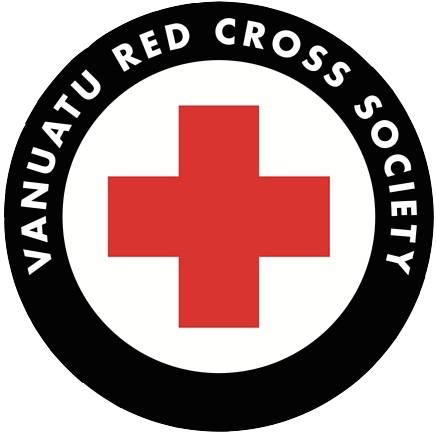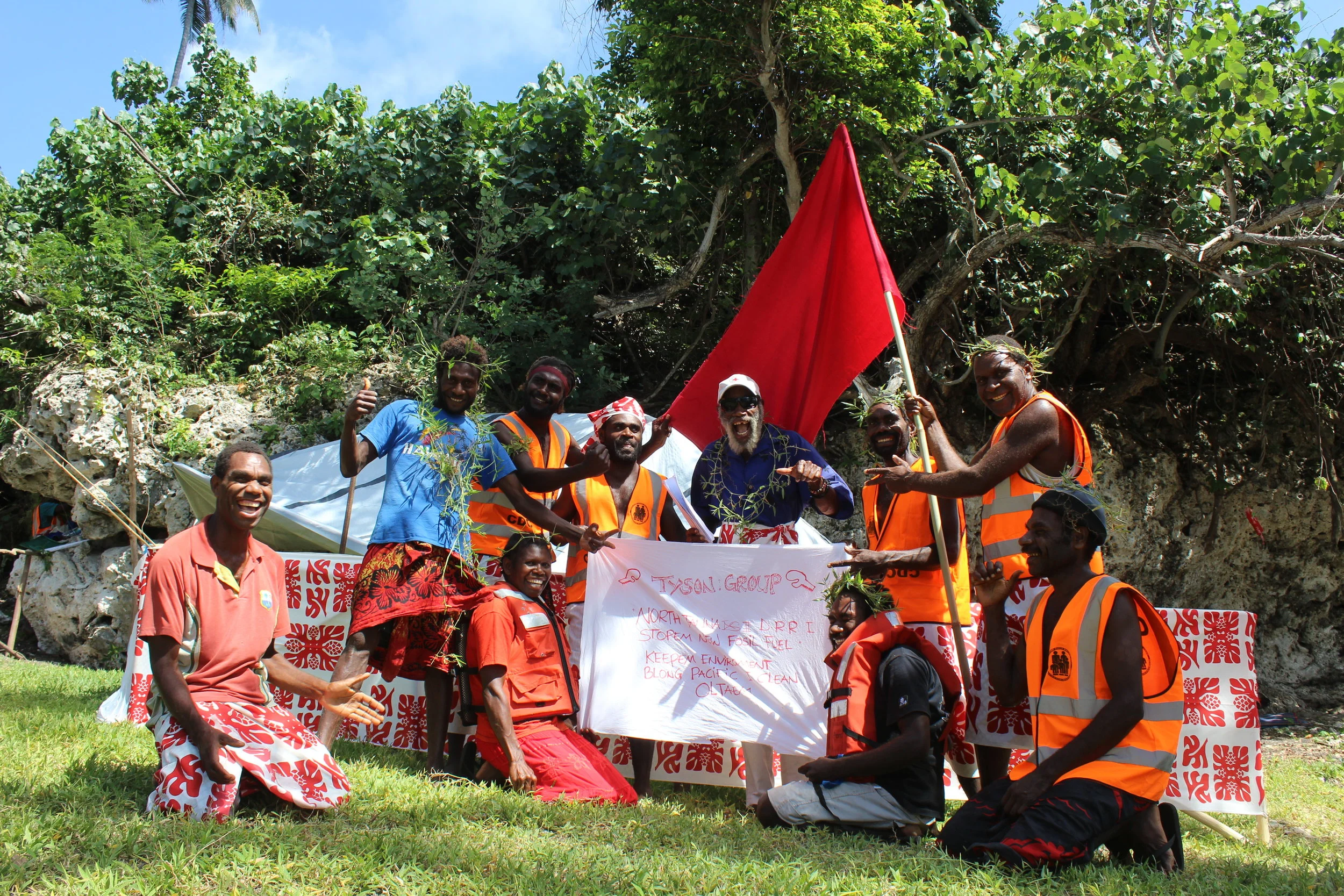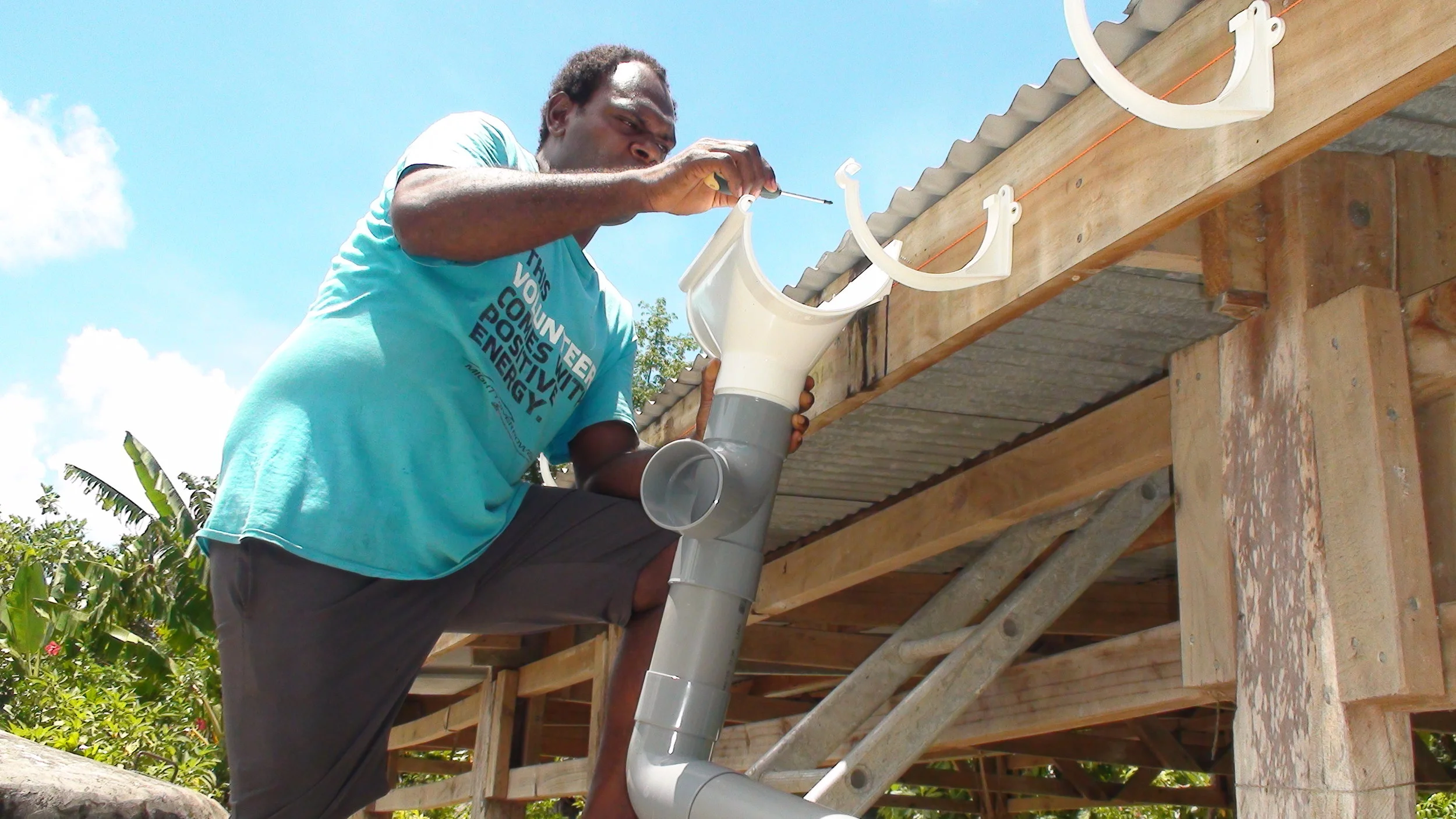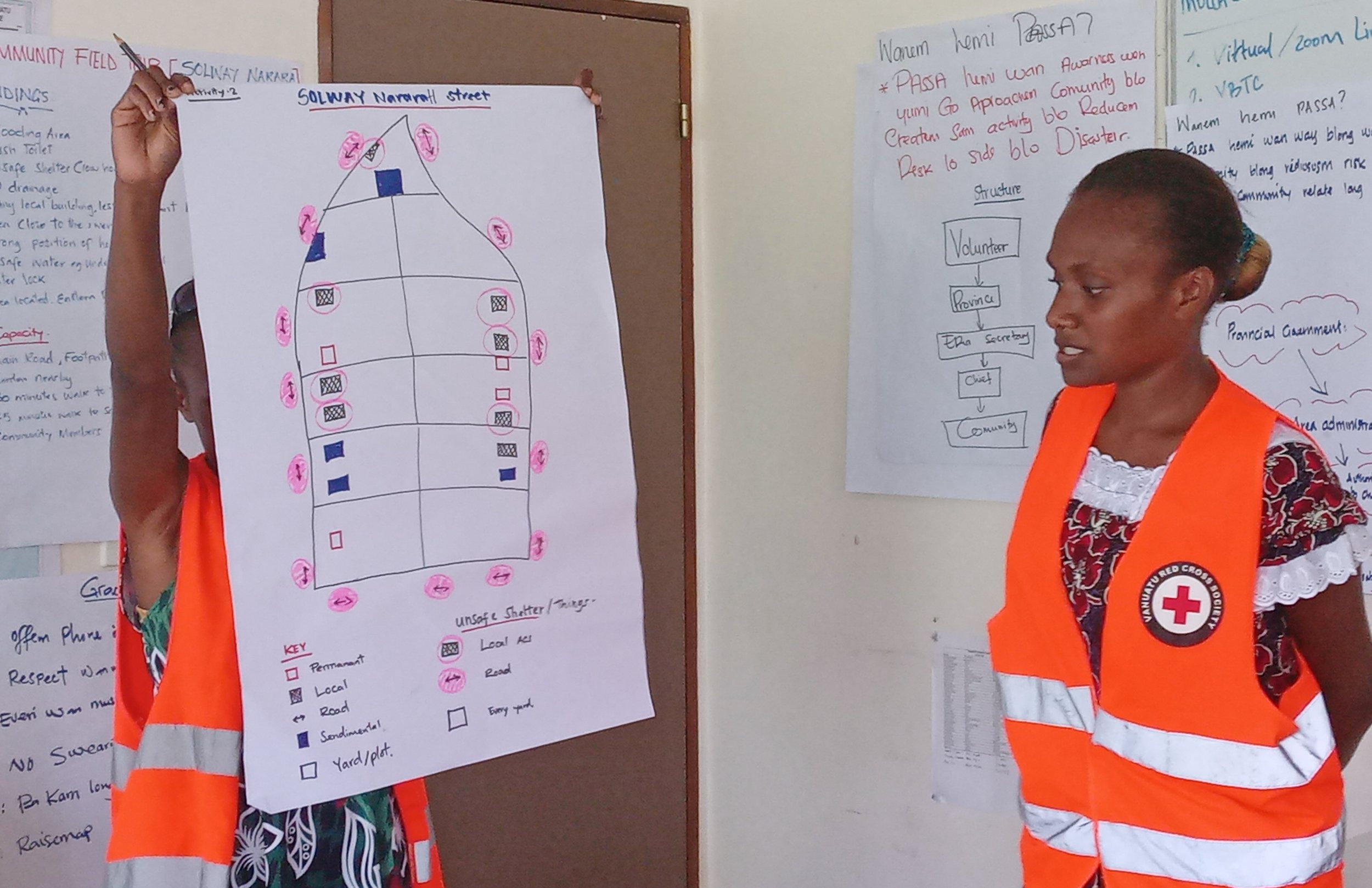Leon Hardware Vanuatu Sponsors Vanuatu Red Cross Society GALA Night 2022.
Vanuatu Red Cross Society is proud to receive support form Leon Hardware Vanuatu towards the 40th Anniversary Gala Night 2022, our theme for this year’s celebration is “HUMANITI HEMI PAWA BLONG BILDIMAP VANUATU”!
LEON Hardware is excited to support this Gala Night event with Prizes including great cookware and homeware items as part of the Raffle Prize during the Gala Night on the 21st of October 2022 at the Holiday Inn Resort Vanuatu Ballroom.
GALA NIGHT TICKETS are still on sale. Get yours today
“Vanuatu Red Cross Society reached its 40th years this year since its establishment in Vanuatu and continues to do humanitarian work and help people in need during disasters.”
Leon Hardware Vanuatu Sponsors Vanuatu Red Cross Society GALA Night 2022 with Prizes including great cookware and homeware items.



















